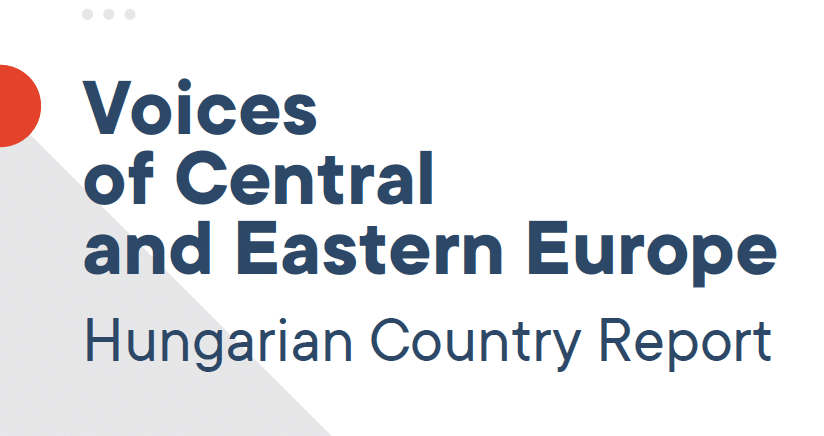Perception of democracy and conspiracies in Hungary

Over the past few years, the European Union has coped with far-reaching political, economic and social changes and a string of successive and sometimes overlapping crises. The financial and economic crisis, refugee and migration flows and the Covid-19 pandemic all underscore both the extent to which our world is interconnected and the vulnerabilities of modern societies. Globalization, digitalization and an all-encompassing information age are indeed providing an unending challenge to all.
GLOBSEC’s report, Voices of Central and Eastern Europe: Perceptions of democracy & governance in 10 EU countries, provides unique insight into public satisfaction with the functioning of democracy and governance in ten Central and Eastern European countries: Austria, Bulgaria, Czechia, Estonia, Hungary, Latvia, Lithuania, Poland, Romania and Slovakia.
This country report focuses specifically on Hungary. The Hungarian partner within the project, Political Capital Institute, looked closely on how Hungarians value their democracy, how satisfied they are with governance, and how receptive they are to conspiracy theories and misleading information.
Some of the key findings of this report are:
- Hungarians overwhelmingly prefer liberal democracy with regular elections and a multiparty system over one premised on a strong leader who does not have to face elections.
- Hungarians tend to especially trust formally independent institutions like the presidency, the police, the armed forces, and the courts and judiciary.
- Respondents are generally satisfied with their lives and social standing but rather dissatisfied with their own financial situation.
- A total of 46% of respondents judged the media in the country to be free or rather free, with 49% disagreeing, and 44% express trust in the mainstream media.
- A majority of respondents consider migrants to be a threat to their identity and values.
- There is a sizeable contingent of Hungarian citizens who are susceptible to conspiracy theories but there is a substantial variation in predispositions depending on the specific conspiracy concerned.
Read more in the fact-sheet and reports below (both in English and Hungarian).
For more information about Hungary, please visit Political Capital's website.